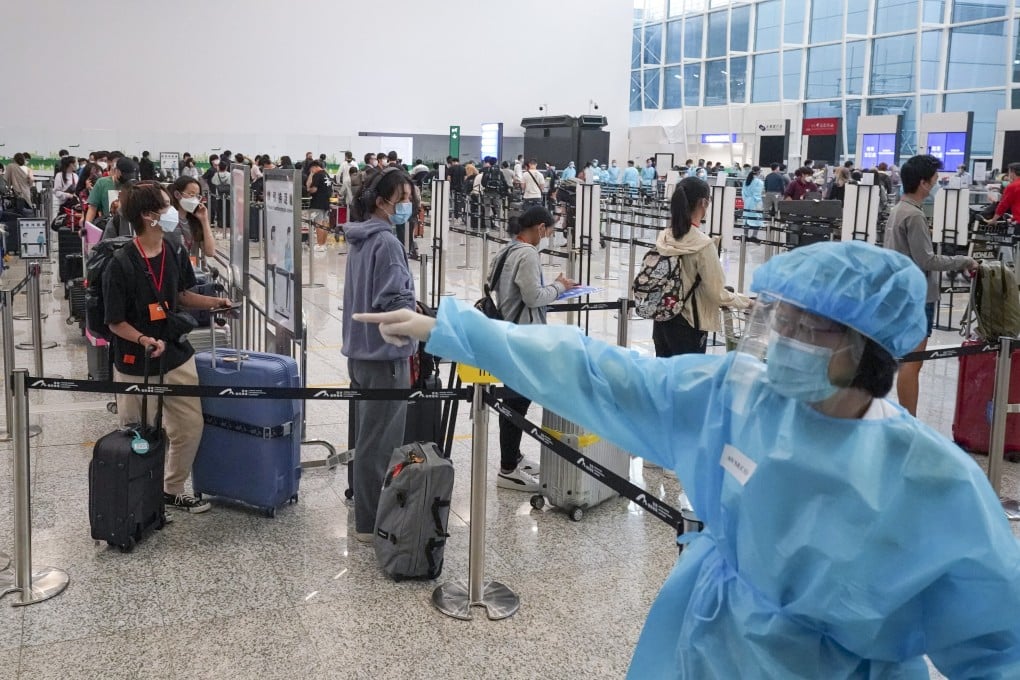Coronavirus: Hong Kong hotels struggling as government U-turn leaves travellers racing to rebook rooms
- Arranging enough rooms after sudden policy change could be ‘challenging’, leading industry figure says
- Tourism lawmaker Yiu Si-wing calls on officials to make extra space available as those returning to city will need to spend three times as long indoors

Travellers also vented their anger in social media groups on Tuesday, with their ire focused on the impact on travel bookings and quarantine times.
The sudden policy change has moved 15 more countries, including the United States and France, onto a list of high-risk countries from the existing medium-risk category from Friday.
Many of these travellers could previously have shortened their quarantine to just seven days if they were fully vaccinated and obtained a positive antibody test result in Hong Kong. But a policy U-turn has left many facing 21 days indoors.
The government late on Tuesday said anyone flying into Hong Kong from countries in the “medium-risk” category would have to undergo at least 14 days of quarantine starting from Friday, scrapping a plan to shorten the period for those who test positive for Covid-19 antibodies.


